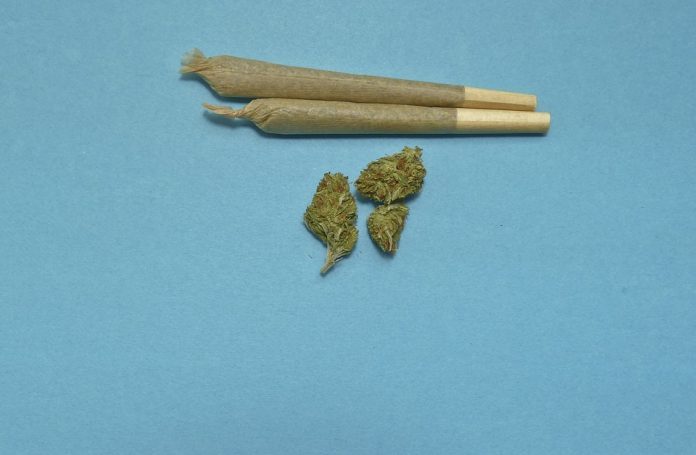
TRENTON – As lawmakers figure out how to legalize the recreational use of marijuana, those who enforce the laws found their decision had some major issues.
One of the most significant was that officers were no longer allowed to act on the presence of marijuana or alcohol on a minor. Even though the legalization is for adult use only, the law as it is currently written prevents police from notifying parents or guardians if a juvenile is using.
Saying that the law is “handcuffing” police, officers and elected officials have been calling upon Trenton to immediately change the law so that the problems could be fixed.
After the public outcry, several lawmakers vowed to make a change.
S-3565, introduced by Senator Vin Gopal, “requires law enforcement to provide written notification to parent or guardian of person under age 18 who commits first offense of unlawfully possessing or consuming alcoholic beverage, cannabis, marijuana or hashish.”
It goes into more detail than this, obviously. The full bill can be found here: njleg.state.nj.us/2020/Bills/S4000/3565_I1.PDF
This bill will likely not address all of the issues that police officers have with the new rules. Police chiefs had made statements to the public listing the faults of the current legislation. Many of them shared the same format for the letters.
“Governor Phillip Murphy signed three laws which decriminalized marijuana and set out orders to have previous convictions and/or pending cases dismissed. This was expected as a majority of New Jersey residents voted to have marijuana legalized in the state. What was not expected was for parents to be denied access to information regarding their child’s marijuana or alcohol use,” Point Pleasant Beach Chief Joseph A. Michigan said.
“Unlike the state of New Jersey, we believe parents deserve and need to know when their children are in dangerous situations, so we are outlining the changes to the laws,” he said.
The letter contained a list of changes that police officers have to follow:
“The odor of marijuana or alcohol no longer constitutes reasonable articulable suspicion to initiate a stop of an individual under the age of 21, nor does it provide probable cause to search the person’s personal property or vehicle.
“The unconcealed possession of an alcoholic beverage or marijuana that is observed in plain sight shall not constitute probable cause to initiate a search of an individual under the age of 21 or that individual’s personal property or vehicle to determine a violation of any law.
“An individual under the age of 21 who possesses marijuana or alcoholic beverages shall not be arrested, detained, or otherwise taken into custody except to the extent required to issue a written warning.
“For an individual under the age of 21 who possesses marijuana or alcoholic beverages as a first offense, this new law forbids officers to contact a parent or guardian.”
“Reviewing the new policy, what presents itself as most problematic is the inability to freely communicate with parents,” Toms River Police Chief Mitch Little said.
Police usually implement non-punitive measures for most juvenile offenses, including underage alcohol or marijuana use, he said. Formal charges are often a last resort.
“To apply this to a real-life situation, if an officer sees a 12-year-old (or a juvenile of any age) consuming alcohol or smoking marijuana, we CANNOT contact the juvenile’s parent/guardian unless this behavior has been previously documented,” he said. “In the event officers do approach based on odor or plain sight, they will be the ones facing charges NOT the juveniles.”
Further, there have been no set standard for recording the first offense.
“This law undermines departmental efforts to communicate with our parents, school districts, and communities to protect our children collaboratively,” he said. “Who will ensure the welfare our children, if the police can neither act nor contact a parent or legal guardian?
“The greatest strengths we had as law enforcement officers was our ability to foster positive
relationships and build trust within the communities we serve. We accomplished that by immersing ourselves into our communities and dedicating our entire careers building that trust. With one signature on this poorly written law, we all will watch this public trust deteriorate, as well as the quality of life in our communities,” he said.
“This law in its present form essentially ‘legalizes’ marijuana and alcohol use for minors. This legislation turns our kids into innocent collateral damage in the quest for social justice,” he said.
The Gopal legislation still has police officers as committing a crime if, for instance, they search a juvenile’s person or property while suspecting drug use.






